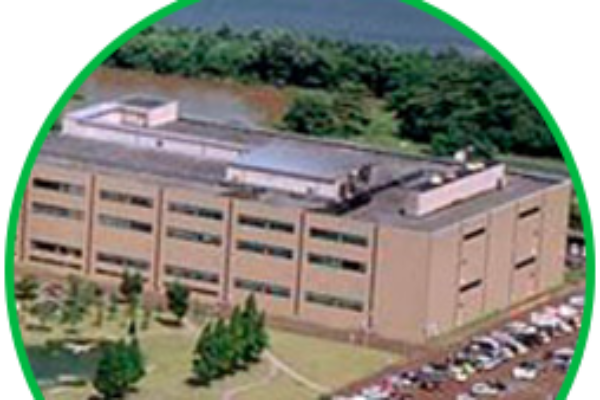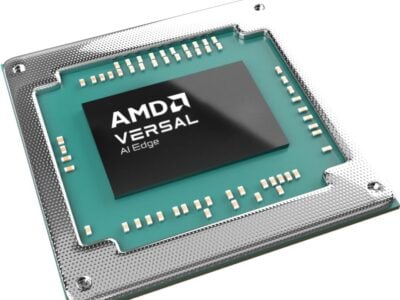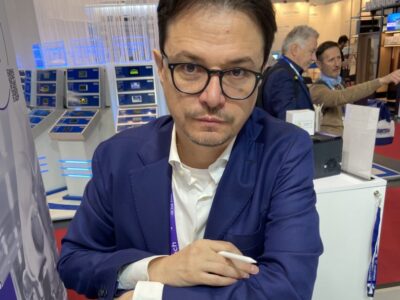
ON Semi looks to sell Japanese power fabs
ON Semiconductor has put another fab up for sale are resulting showing reducing losses.
The sale of the plant in Niigata follows a similar deal for its fab in Oudenaarde, Belgium announced in February
Like the former AMI fab, the Niigata facility is an automotive qualified facility which meets the IATF 16949 global industry standard for quality management. The two co-located 200mm-capable wafer fabs have 215,000 square feet of clean room space on a 40 acre campus with 1.1 million square feet of building space acquired from Sanyo.
The company will begin searching for strategic buyers to enter into a mutually beneficial arrangement that is expected to facilitate an orderly transition of products from its facility in Niigata to other facilities in its network, including the 300mm fab in East Fishkill, New York.
ON Semi says it remains committed to growing its presence in Japan, adding a large eight-inch wafer fab in Aizu to its manufacturing footprint.
“This announcement comes on the heels of our announcement in February regarding our plan to transition production from our 6-inch automotive-centric fab in Belgium,” said Keith Jackson, CEO of ON Semi. “With manufacturing optimization plans we’ve announced thus far, we expect to see significant improvement in our manufacturing cost structure and gross margin. Our 300mm manufacturing capability in the East Fishkill fab has afforded us significant flexibility which has enabled us to optimize our network.
“During the second quarter, we started our first 300mm wafer production at the East Fishkill fab. We are currently sampling our 300-millimeter products to customers, and we expect to recognize our first 300-millimeter revenue in the third quarter,” he said. “We are very pleased with our accelerated progress in ramping our 300-millimeter manufacturing processes. The yields have been spectacular and we expect to see a meaningful positive impact on our gross margins as our 300-millimeter manufacturing ramps up in the coming years.”
The 300mm fab can produce 20 percent of the company’s business, around $1.1bn.
It’s revenues for the second quarter of 2020 was $1.21bn, down 10 percent on Q2 2019 and down 5 percent on the previous quarter as a result of the Covid-19 pandemic. The loss for the quarter was $1m, reduced from $14m the previous quarter. The profit in Q1 2019 was $100m.
“Despite disruption from COVID-19 pandemic, we continue to make strong progress towards our key strategic initiatives,” said Jackson. “We are beginning to see moderate recovery in demand across most end-markets and geographies, and we expect this recovery to continue in near term driven by improving global macroeconomic activity.”
At the end of the second quarter, there were 140 days of inventory on hand, which is higher than others in the industry, and up by nine days as compared to 131 days in the first quarter of 2020. This was driven by expectations of recovery in demand in the second half of the current year to make sure there is no disruption to supply.
“We’re beginning to see recovery in the automotive market in the US and Europe,” said Jackson. “Conversations with customers indicate that we should see ongoing recovery in the third and in the fourth quarter of the current year. We are seeing strong momentum for our silicon carbide and silicon products for electric vehicles. We recently won a very significant design with one of the leading global automotive OEMs for our silicon carbide power module for traction inverters for electric vehicles. We expect to start seeing revenue from this win a year from now. Based on our current engagement with various automotive OEMs, we expect to win multiple designs in the near to mid-term,” he added.
“We’re seeing strong traction for our silicon carbide products in industrial power applications with an expanding base of customers. Recently, we announced a win with Delta for our silicon carbide power modules for solar inverter applications,” he said.
“So we did continue to have supply constraints or pandemic-induced supply constraints in the second quarter that was reflected in the total numbers. They are much less in the third quarter and we’re hopeful that there will be none before the end of the year. But at this stage, again, everything is still unknown if there’s flare-ups or changes around the world; there’s still risk.”
Related articles
Other articles on eeNews Power
- Connecting a swarm of wave energy converters to the grid
- Compact 10W external adapter with USB-A option
- Turning a housebrick into a supercapacitor
- Mercedes extends CATL battery deal
 If you enjoyed this article, you will like the following ones: don't miss them by subscribing to :
eeNews on Google News
If you enjoyed this article, you will like the following ones: don't miss them by subscribing to :
eeNews on Google News




